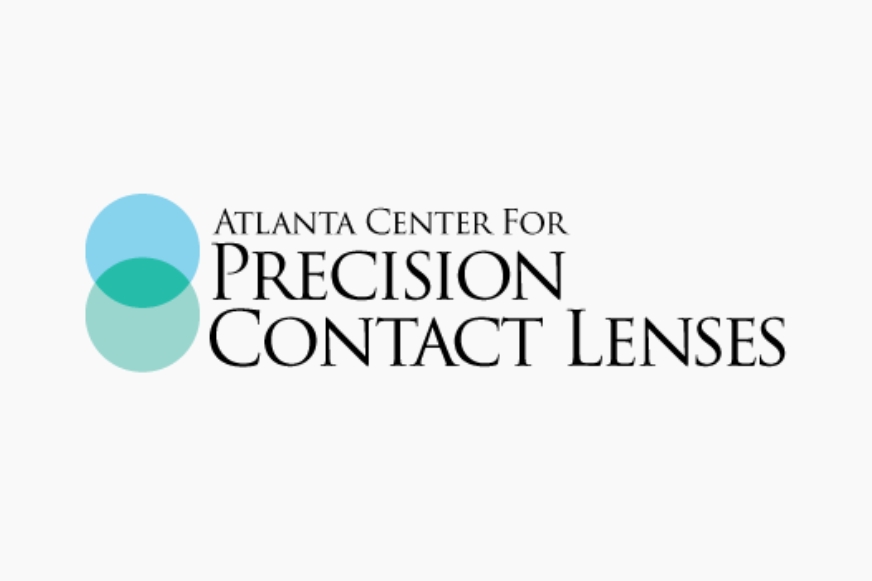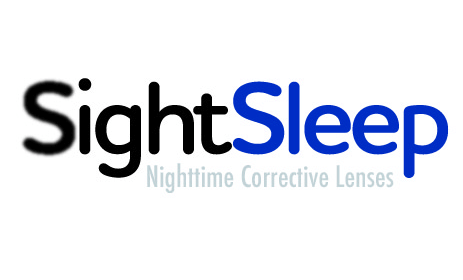Precision Contact Lenses in Atlanta
Unlike standardized approaches, we recognize that each pair of eyes is unique. The Atlanta Center for Precision Contact Lenses at Optique At West Paces offers custom contact lenses for your specific needs.
We've provided personalized solutions for astigmatism, keratoconus, and other hard-to-fit eye conditions for over 25 years.
Request a consultation with us. We are the only center in Atlanta specializing in producing and fitting specialty contact lenses.

Our use of WAVE, a computer-aided design (CAD) system, highlights our commitment to providing personalized excellence for contact lens wearers.
By leveraging this technology, Dr. Cohen ensures that each contact lens is perfect. Minor tweaks to design or prescription can also be made, ultimately optimizing comfort and vision.

Our Revolutionary Nighttime Corrective Contact Lenses: SightSleep™
SightSleep™ is our very own orthokeratology technique developed by Dr. Cohen. We use specially designed gas-permeable materials to make our groundbreaking ortho-k lenses, which enable oxygen to reach the eye. These lenses are worn at night to gently reshape the cornea while you sleep, leading to remarkably clearer vision after lens removal the following day. You can enjoy sharp eyesight with almost no dependence on glasses or contacts.
Our ortho-k lenses are also beneficial for children and adolescents with myopia who need to slow its progression to prevent eye conditions in the future.
Contact Lenses for 'Hard-to-Fit' Conditions like Keratoconus
Since not all eyes are equal, standard eyeglasses and contact lenses are not always sufficient. Some people have conditions that present unique vision challenges, such as keratoconus, caused by the thinning and bulging of the corneal tissue.
Custom-fitted contact lenses are the only way to provide clear and comfortable vision for people with moderate to severe keratoconus. Dr. Cohen's expertise shines in treating this rare condition. His reputation has resulted in many referrals from corneal specialists across Atlanta, solidifying his position as the trusted keratoconus specialist in the area.
Other hard-to-fit eye conditions include:
- Astigmatism
- Dry eye
- Presbyopia
- Giant papillary conjunctivitis (GPC)
- Post-refractive surgery
- Aphakia
- High prescriptions
Our Center for Precision Contact Lenses addresses these complexities and others not listed above.

Types of Specialty Contact Lenses
We offer a broad range of specialty contact lenses suited to address various hard-to-fit conditions, such as:
- Scleral Lenses: These lenses vault over the cornea, leaving a pocket of saline on the cornea. They’re helpful for dry eye, keratoconus, and other conditions.
- Toric Lenses: Designed to correct astigmatism by accommodating varying curvatures in the cornea.
- Gas Permeable Lenses: Gas permeable lenses, also known as Rigid Gas Permeable (RGP) lenses, are crafted from durable materials that allow oxygen to pass through. Unlike traditional hard lenses, oxygen can pass through the lens material, promoting healthier eyes and comfortable wear.
Join Our Research Study for Soft Toric Contact Lenses for Astigmatism
With over 25 years of experience in contact lenses and vision research, Dr. Cohen stands as a pioneering force in optometry. He is looking for individuals who qualify to participate in groundbreaking studies on enhancing and refining soft toric contact lenses for astigmatism.
Our eligibility criteria are:
- Must be between the ages of 18 and 55
- Currently using eyeglasses or soft toric contact lenses for astigmatism
- Have healthy, non-diseased eyes
- Able to commit to three office visits spanning around two weeks
- Not participating in any other soft contact lens studies
Your willingness to adhere to the study's appointments and guidelines is essential. We look forward to your contribution to advancing the future of vision correction.
Join Dr. Cohen on this exciting journey to shape the next generation of astigmatism-correcting contact lenses.

